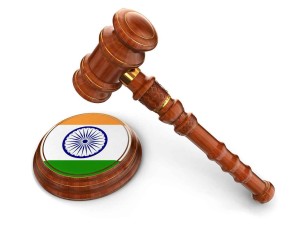EU – A senior adviser to the European Union’s top court has backed a Romanian gay man’s right to have his US husband live with him in Romania.
EU countries should recognise the right of all spouses to residency even if they do not allow gay marriage, according to the advocate general for the European Court of Justice.
Same-sex marriage is not legal in Romania.
Adrian Coman and Clai Hamilton, an American, married in Brussels in 2010.
What is the case about?
EU law permits a non-EU spouse of an EU citizen to join his or her spouse in the member state where the European national resides.
But the Romanian authorities refused a request for a residence permit for Mr Hamilton, saying he could not be recognised as the spouse of an EU citizen because Romanian legislation prohibits marriages between same-sex couples.
The couple challenged the decision, saying it was discriminatory on the grounds of sexual orientation. Romania’s constitutional court then referred the case to the European court (ECJ).
What is the advice?
ECJ Advocate General Melchior Wathelet said the term “spouse” included, under the freedom of residence of EU citizens and their family members, spouses of the same sex.
“Although member states are free to authorise marriage between persons of the same sex or not, they may not impede the freedom of residence of an EU citizen by refusing to grant his or her spouse of the same sex, a national of a non-EU country, a right of permanent residence in their territory,” he said.
BBCNews.com, January 11, 2018
Click here to read the entire article.
The post EU top court told same-sex spouses have residence rights appeared first on Time For Families.
Source: Time for Families















